DMAA RAPID 50 mg 30 Caps by Knoll
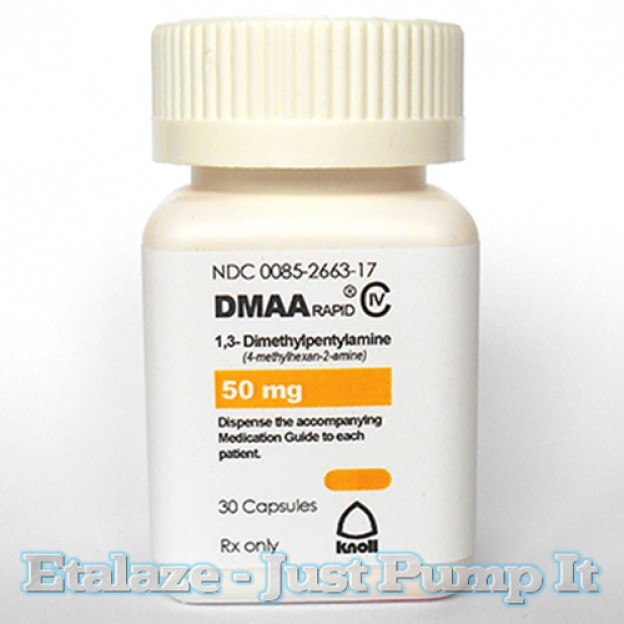
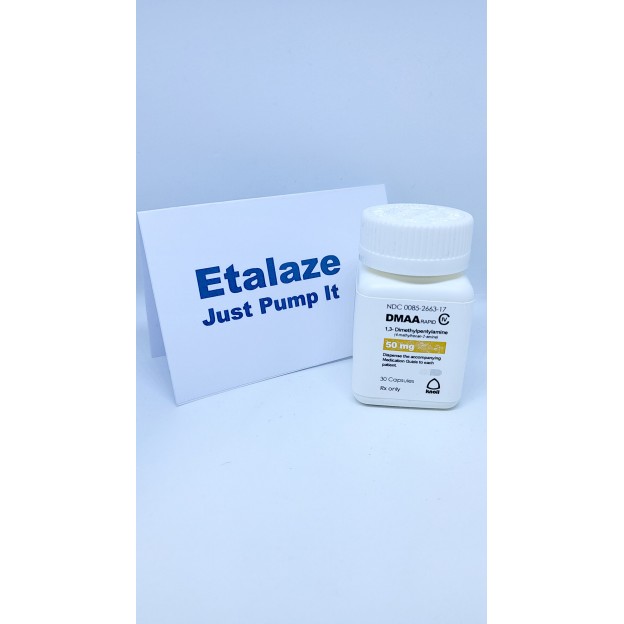
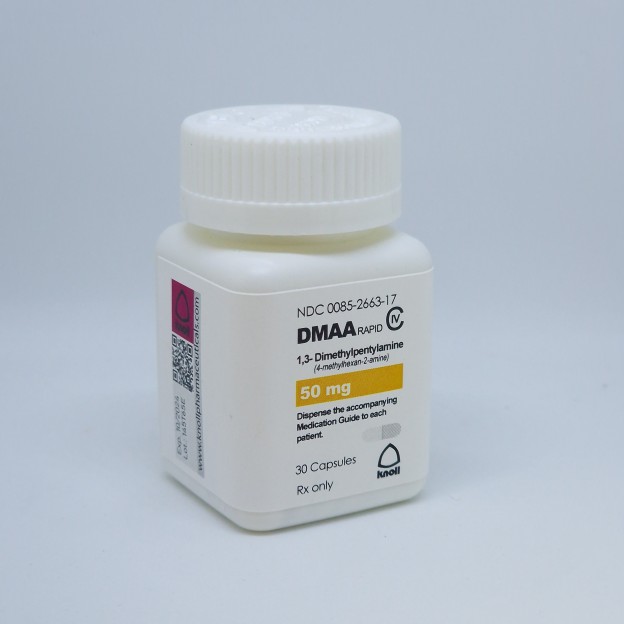



- Stock: In Stock
- Brand: Knoll
- Reward Points: 32
- Model: KN003
- Best prices on the web
- Highest quality products
- Guaranteed delivery
DMAA Rapid is a synthetically produced neural stimulant used as a key ingredient in dietary supplements to improve athletic performance and provide increased energy. In terms of chemical structure, it is similar to Ephedrine. It is also known as methylhexanamine and can be traded under the names Forthane and Geranamine.
Although originally introduced as a nasal decongestant, it is now used for a variety of reasons including as a supplement for enhancing athletic performance, weight loss, and attention deficit-hyperactive disorder (ADHD). Some bodybuilders use DMAA as a pre-workout stimulant as well.
Not much is known about 1,3-dimethylamylamine. And this problem is further exacerbated with the shortage of research data and dubious claims by certain manufacturers.
Dosage instructions for DMAA RAPID 1,3-dimethylamylamine :
Before using DMAA to stimulate increase in mental energy and focus, it is important to read the dosage recommendations by the manufacturer. Its overuse may lead to adverse effects. For best results, DMAA should not be consumed on a daily basis. Instead, you can use it as a part of a cycle with the periods of use evenly spaced out and interspersed with periods of non-use. The goal, here, is to avoid dependence on DMAA supplements.
A common lower dosage range of 1,3-dimethylamylamine based supplement or product is around 10-20 mg and it can eventually reach higher ranges of up to 40-60 mg. You should note, however, that these dosage ranges are not based on any form of scientific evidence. Instead, these values are derived from usage recommendations of the manufacturers of DMAA supplements available in the market.
It is typically used half an hour before the workout, study session, or any other time when your body requires extra energy or sharper focus. You may take up multiple low doses in a day. However, one daily administration is often considered enough. After the dosage, the effects may last up to many hours. After that, some people may experience an energy ‘crash’ in which a sudden drop in energy levels may be observed.
Some people may also find that the effects of using DMAA products are too over-powering and are do not improve brain function. Instead of enhanced focus, some users may experience increased anxiety which makes it even harder to focus than usual. Due to the lack of substantial and authoritative scientific research on 1,3-dimethylamylamine, the effects of DMAA-based products are not fully understood. However, according to some of the claims, DMAA is primarily responsible for the release of norepinephrine.
Norepinephrine is among the neurotransmitters that, when released, may lead to increase in the levels of energy, focus, attention, and mental alertness. When entered into the body, 1,3-dimethylamylamine passes the intestinal tract to be absorbed in the bloodstream. It travels along the bloodstream, crosses the blood brain barrier and enters the central nervous system to stimulate the release of neurotransmitters.
Some manufacturers also claim that 1,3-dimethylamylamine also stimulates the release of another powerful neurotransmitter, dopamine, which is a mood enhancing agent.
DMAA RAPID benefits:
Based on some of the claims made by the manufacturers of DMAA-based products or supplements, 1,3-dimethylamylamine can be said to primarily serve as a central nervous system stimulant. The potential benefits of these products are primarily related to an enhancement of the cognitive ability.
In simple terms, the use of 1,3-dimethylamylamine may lead to an increase in energy and focus. It is due to these purported benefits that many students and professional workers use DMAA products for heightened senses and an increase in focus.
Since DMAA-based products may lead to a release of dopamine, they can also lead to a sensation of temporary euphoria. This includes an improved mood and a general feeling of happiness.
Some bodybuilders and weight training athletes use 1,3-dimethylamylamine supplements as well. The energy release functions of DMAA products make them an effective pre-workout support. The enhanced cognitive ability, in addition to the increased strength, can provide an added focus and motivation.
The enhanced focus and energy can further increase tolerance to pain and improve stamina. This provides valuable support during intense workout sessions. Research suggests the use of 1,3-dimethylamylamine may cause vasoconstriction. This means that the blood vessels are constricted to increase blood pressure. This occurs without a corresponding increase in the heart rate. (2)
The increased blood pressure can stimulate muscle growth at lower intensity levels. But the level of increase in blood pressure depends upon the dosage.
DMAA RAPID side effects
Although the consumption of 1,3-dimethylamylamine leads to a spike in energy levels, some users report a subsequent rapid drop or ‘crash’ in these energy levels a few hours after its use. Along with the drop in energy levels, the crash may also lead to a change in mood.
The FDA warns consumers about the variety of potential side effects caused by the use of DMAA-based products. According to the FDA, the vasoconstriction or the narrowing of blood vessels caused by 1,3-dimethylamylamine can lead to cardiovascular problems such as heart attack, seizures, shortness of breath, and tightening in the chest.
Other potential adverse effects, according to the FDA, may include arrhythmias, neurological conditions, psychiatric disorders, nervous system disorders and, in certain extreme cases, even death.
However, it should be noted that research suggests that many of the adverse outcomes associated with the use of DMAA-based products are simply due to the overuse of the product. These effects can be avoided by sticking to the regular dosage range of around 25-75 mg at a time.To avoid some of the side effects of DMAA-based products, bodybuilders and weight trainers, should opt for foods with high protein content instead.
DMAA (1,3-dimethylamylamine) is an amphetamine derivative that has been widely used in sports supplements sold in the United States. Also known as methylhexanamine or geranium extract, DMAA is often touted as a “natural” stimulant, with many claimed functional uses including a body-building aid, an athletic performance enhancer, and a weight-loss aid.1,3-DMAA (1,3-Dimethylamylamine) is a neural stimulant with a structure similar to ephedrine and adrenaline that has been used as a pre-workout stimulant.DMAA is a neurological stimulant which causes a quick spike of energy similar to caffeine and other classical stimulants, but does so by different mechanisms in the brain.
It was first introduced as a nasal decongestant as 'Germanium Oil Extract' but more recently is used as a neurological stimulant and party pill. Due to its structural similarity to amphetamines, it gives a false positive in drug tested competitions for amphetamines and thus should not be used by competing athletes.
How to Take
Recommended dosage, active amounts, other details
A typical starting dose of 1,3-DMAA is in the 10-20mg range and eventually reaching up to 40-50mg a day, there is no actual evidence to support this dosage range but it seems to be the standard dosages range for supplemental 1,3-DMAA on the market.
1,3-DMAA is known to be banned by various sports organizations due to its amphetamine-like nature, and should not be used by tested athletes.
Structure and Function
DMAA is a straight chain, 7 carbon, aliphitic amine with a structural similarity to amphetamine, methamphetamine, and MDMA.[3] It was first introduced as a nasal decongestant but more recently is used as a neurological stimulant and party pill.
DMAA also shares structural similarity to Propylhexedrine, a stimulant drug and nasodilator which may have fat-burning effects in vivo.
Due to its structural similarities, its mechanism of action may be as an adrenaline mimetic; inducing the same effects as adrenaline and the preceding compounds in vivo. However, direct studies on the pharmacokinetics of DMAA metabolism do not exist.
Effect on Blood Pressure
DMAA alone and in combination with Caffeine has been shown in a double blind trial to significantly increase blood pressure, but had not effect on heart rate.
Add Review
Add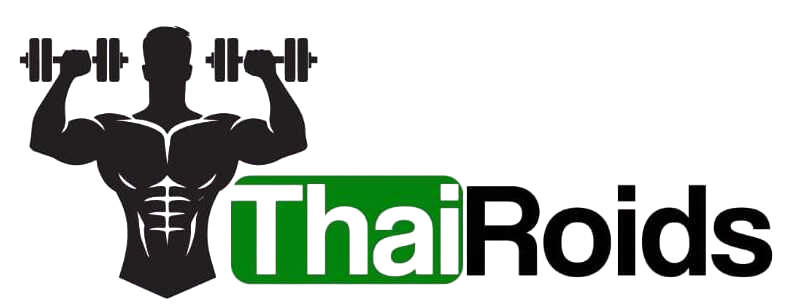

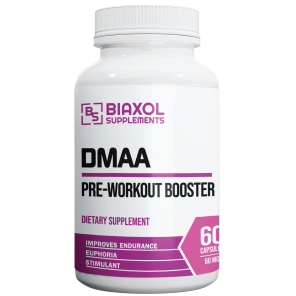
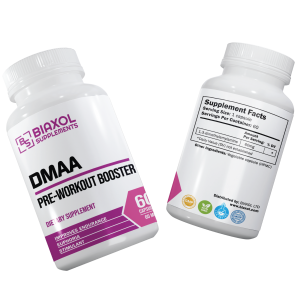
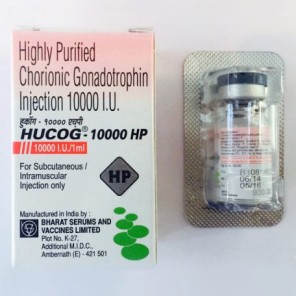
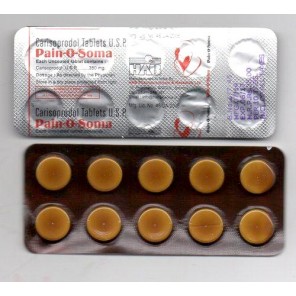
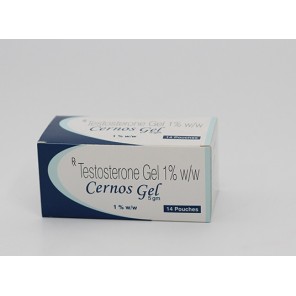
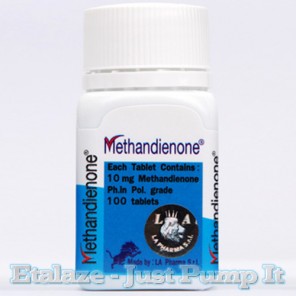
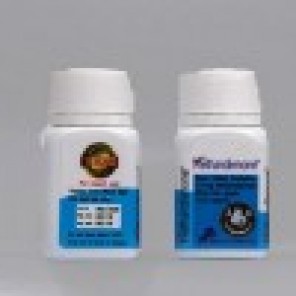
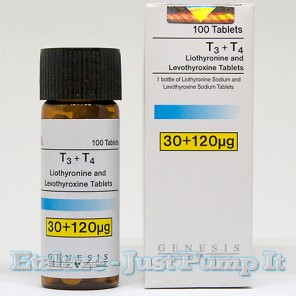
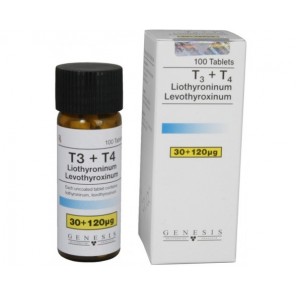
![Primobolan 10 amps [10x100mg/1ml] Sterling Knight Primobolan 10 amps [10x100mg/1ml] Sterling Knight](https://thairoids.com/image/cache/catalog/000%20sterlin/SK14-296x296.jpg)